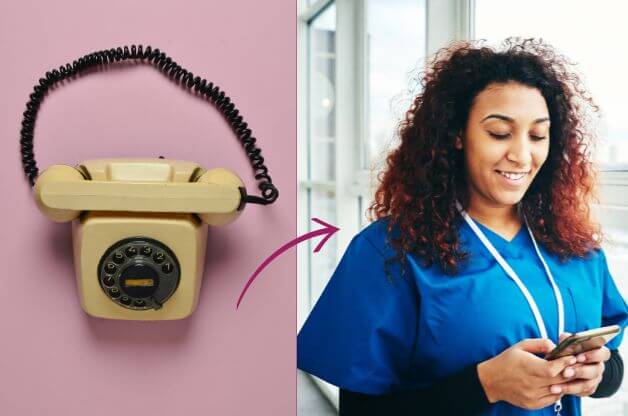
Streamline Home Care Operations: A Smarter Path to Sustainable Growth
Care is deeply personal. Running a home care agency is an operational challenge. Behind every successful caregiver-client relationship is a complex operational engine made up

Care is deeply personal. Running a home care agency is an operational challenge. Behind every successful caregiver-client relationship is a complex operational engine made up

Your Blueprint for Starting 2026 Strong By the time autumn arrives, the pressure is on. The fourth quarter (Q4) is more than just a countdown

… Even if It’s Not Mandated Yet Private duty home care agencies should consider transitioning to Electronic Visit Verification (EVV) not just for compliance, but

Michigan Medicaid now requires home care agencies to submit EVV for Medicaid reimbursements. Rosemark recently launched its Medicaid integration with Michigan’s Electronic Visit Verification (EVV)

Home care agencies that have not yet shifted from Telephony to using a caregiver app are missing a prime opportunity to move from legacy to

Electronic visit verification (EVV) is no longer optional for home care agencies in Michigan that serve Medicaid clients. Michigan EVV became mandatory in October 2024,

It’s important for Georgia home care agencies to stay up to date with EVV best practices and changes within the state. Being on top of these updates will help agencies stay compliant with state regulations so they can be reimbursed for services in a timely manner.

If your home care agency is still using Telephony and your caregivers are struggling with clock ins and outs, your EVV data is frequently inaccurate, and your billing is being adversely affected by these events, now is the time to move to EVV.

For home care agencies trying to discover more information about Sandata, the aggregator for electronic visit verification (EVV) in many states, we’re here to help.

Electronic Visit Verification (EVV) management is one of the most important elements of a home care agency’s operations. EVV touches every aspect of your business.